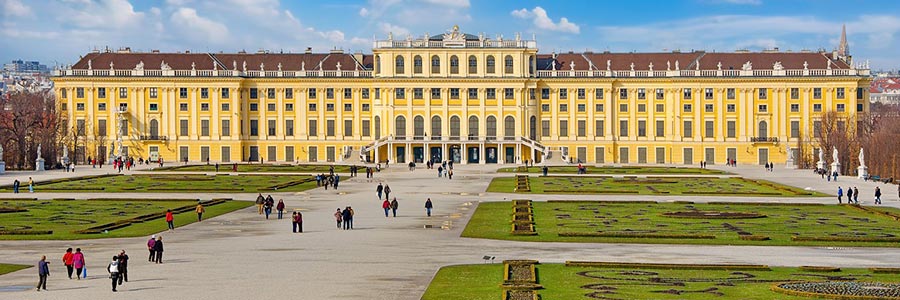Summer and winter with charm and fun in Austria
 Austria is a central European landlocked country with around 8.8 million inhabitants. The country is bordered by the Bohemian massif and the Thaya in the north, the Karawanken and the Styrian hill country in the south, the Pannonian lowlands in the east and the Rhine and Lake Constance in the west. More than 62 percent of its territory is made up of alpine high mountains.
Austria is a central European landlocked country with around 8.8 million inhabitants. The country is bordered by the Bohemian massif and the Thaya in the north, the Karawanken and the Styrian hill country in the south, the Pannonian lowlands in the east and the Rhine and Lake Constance in the west. More than 62 percent of its territory is made up of alpine high mountains.
Austria and its mountains play an important role for active holidaymakers both in winter and summer for mountain hikes, mountaineering and skiing. The highest mountains in Austria are three-thousand meter peaks and are located in the Eastern Alps. At 3,798 m, the Großglockner (Tyrol/Carinthia) is the highest mountain. Austria has numerous refuges and hiking trails that are operated by Alpine clubs and tourist associations.
Bathing tourism is particularly important on Lake Neusiedl, in the Salzkammergut and Salzburg lake areas and in the Carinthian lake area.
In general, tourism is one of the most important sectors in the Austrian economy. Tourism regions are Burgenland, Carinthia, Lower Austria, Upper Austria, Salzburg, Styria, Tyrol, Vorarlberg and Vienna.
Tourism is one of the most important economic sectors in Austria. In 2013, direct added value of 16.94 billion euros was achieved from tourism, which corresponds to 5.3% of the gross domestic product. Tourism is evenly distributed between the summer and winter seasons, although an east-west divide is visible, with the east attracting more summer tourism and the west more winter tourism. Important sectors also include cultural and city tourism as well as spa, wellness and conference tourism.
Es gibt keine Beiträge in dieser Kategorie. Wenn Unterkategorien angezeigt werden, können diese aber Beiträge enthalten.